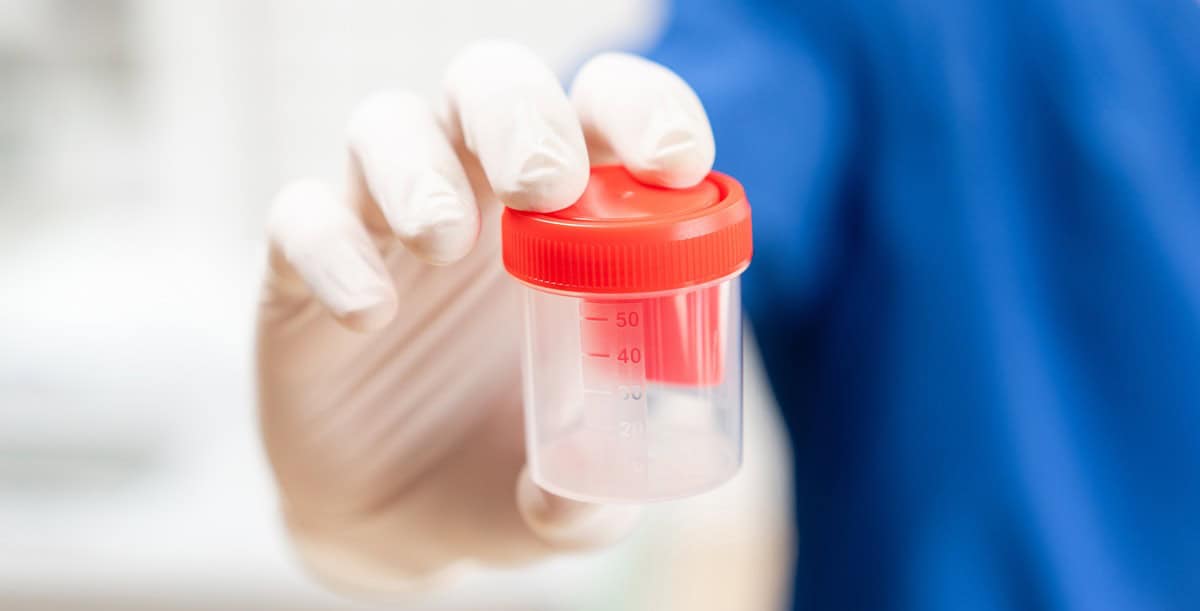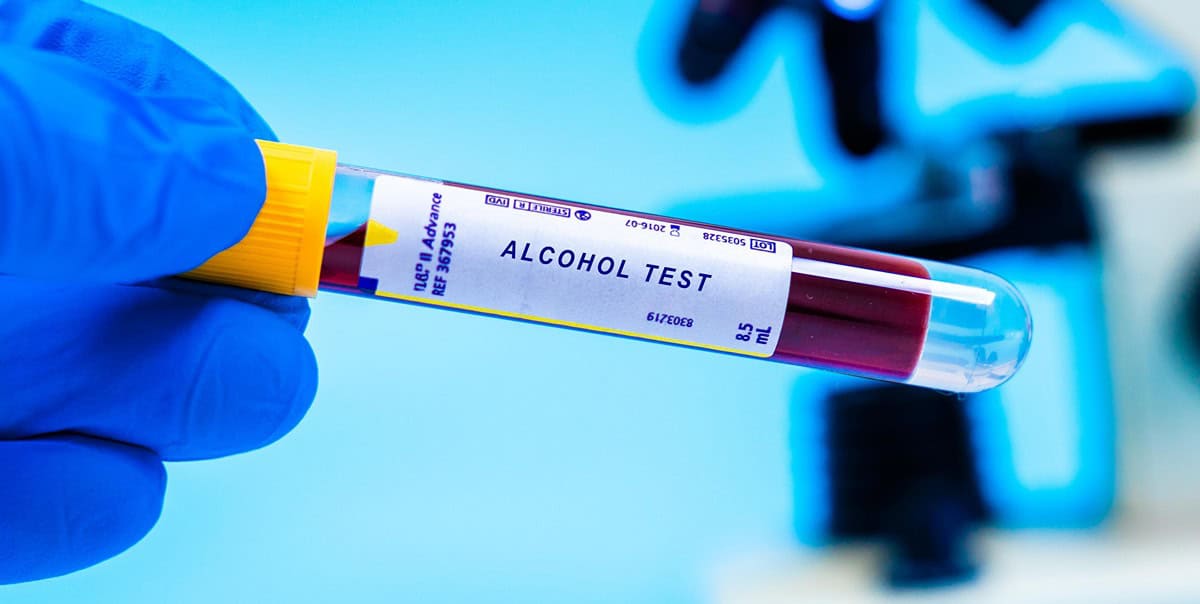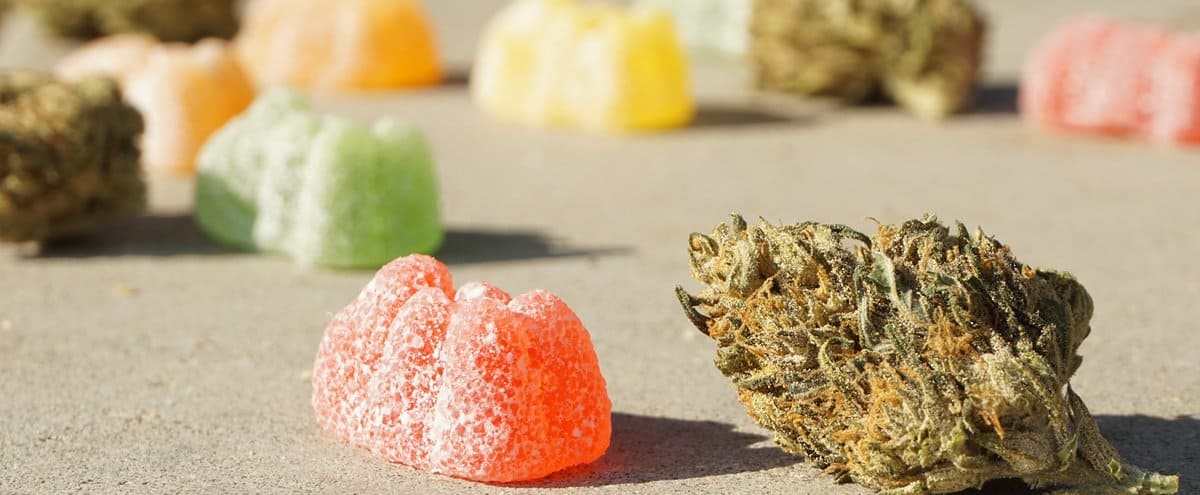DUI Charge for Driving While Under the Influence of Marijuana Edibles
With the increasing acceptance of marijuana for medical and recreational purposes nationwide, new concerns and challenges have emerged.
One of the more complex areas is understanding how marijuana—especially in the form of edibles—intersects with driving under the influence (DUI) laws.
In Arizona, these laws and their interpretations are far from black and white.
According to the Arizona Department of Highway Safety, over 26,000 people were arrested for DUI in Arizona in 2022.
Many of those arrests were for DUIs involving marijuana, including edibles. This statistic underscores the relevance and importance of understanding the law and potential charges around marijuana DUI.
In this piece, we will delve into the following topics:
- Understanding Arizona Revised Statutes on DUI and Marijuana
- Defining DUI: Broadening the Understanding Beyond Alcohol
- What Are Edibles and How Do They Differ from Smoked Marijuana?
- How Arizona Law Views Marijuana Edibles and DUI
- The Challenges of Detecting Marijuana Edibles
- Arizona’s Zero Tolerance Policy for DUI: What it Means for Marijuana Edibles
- Possible Consequences of a Marijuana Edibles DUI Charge in Arizona
- Medical Marijuana Card Holders: Are They Exempted?
- Proving Impairment: The Role of Field Sobriety Tests and Drug Recognition Experts
- Defenses Available for DUI Charges Involving Marijuana Edibles
- The Importance of Legal Representation in a Marijuana Edibles DUI Case
- Implications of Prior DUI Convictions on a Marijuana Edibles DUI Charge
- Understanding the Court Process for Marijuana Edibles DUI Charges

Understanding Arizona Revised Statutes on DUI and Marijuana
The Arizona Revised Statutes (ARS) provide the legal framework for DUI charges in the state.
Specifically, ARS 28-1381 states that driving under the influence of any drug is unlawful if the person is impaired to the slightest degree.
This includes marijuana, whether smoked, vaped, or ingested as an edible.
Furthermore, ARS 13-3401 defines marijuana as all parts of the cannabis plant from which the resin has not been extracted, whether growing or not, and every compound, manufacture, salt, derivative, mixture, or preparation of the plant or its seeds or resin.
In other words, this definition includes marijuana edibles.
However, the laws are not as straightforward as they seem, mainly when dealing with marijuana edibles.
Defining DUI: Broadening the Understanding Beyond Alcohol
Most people associate DUI charges with alcohol, but Arizona law extends the definition to include any substance that can impair a driver’s ability to safely operate a vehicle.
This distinction is important because it means you can be charged with a DUI if any drug, including marijuana, impairs you.
The key word here is ‘impaired.’
But what does ‘impairment’ mean when it comes to marijuana edibles?
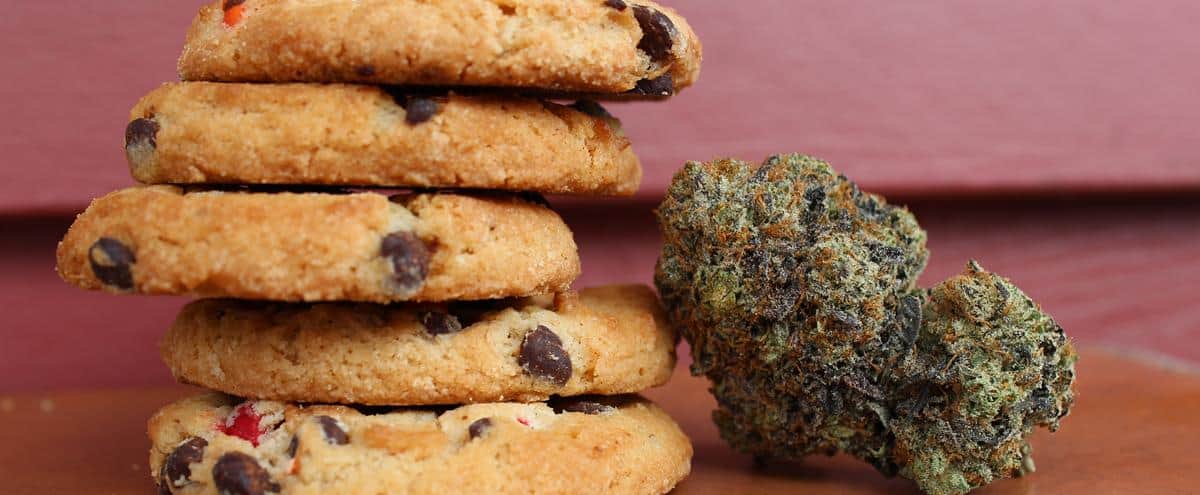
What Are Edibles and How Do They Differ from Smoked Marijuana?
Marijuana edibles are food products infused with cannabinoids, mainly THC (delta-9-tetrahydrocannabinol), the psychoactive compound that gives marijuana users a “high.”
Edibles can come in many forms, including baked goods, candies, drinks, and more.
The effects of edibles can be more potent and longer-lasting than smoked or vaped marijuana.
This is because when marijuana is ingested, it is processed by the liver and converted into a different kind of THC—11-hydroxy-THC—which is more potent and has a longer half-life than the delta-9-THC that is inhaled.
This extended and intensified effect can contribute to a higher risk of impairment while driving, even long after consuming the edible.
How Arizona Law Views Marijuana Edibles and DUI
While Arizona law does not differentiate between the types of marijuana consumption when it comes to DUI, the unique properties of edibles can make these cases more complex.
The delayed onset and prolonged effects of edibles can lead to drivers unaware that they are impaired, potentially leading to a DUI charge.
Given the zero-tolerance policy for DUI in Arizona, any detectable amount of THC or its metabolites in the blood can result in a DUI charge.
This policy doesn’t account for the difference in how the body metabolizes edibles, often leading to THC being detectable in the blood for more extended periods.
The Challenges of Detecting Marijuana Edibles
Testing for marijuana impairment presents its own challenges.
Unlike alcohol, there is currently no standardized test to measure marijuana impairment.
While blood tests can detect the presence of THC, they do not indicate the level of impairment, and THC can remain in the bloodstream for days or even weeks after consumption, long after the effects have worn off.
Further complicating matters, marijuana edibles can result in a slower release of THC into the bloodstream, potentially leading to a positive test result even if a person isn’t impaired.
This characteristic of edibles has led to contentious debates about the fairness and validity of DUI charges based on blood tests alone.
Arizona’s Zero Tolerance Policy for DUI: What it Means for Marijuana Edibles
Under Arizona’s zero-tolerance DUI policy, any amount of an illicit drug in a person’s body can lead to a DUI charge.
This law can be particularly harsh in cases involving marijuana edibles due to the prolonged presence of THC metabolites in the body after consumption.
While some states have established per se limits for THC (similar to the 0.08% blood alcohol content limit for alcohol), Arizona has not.
Any measurable amount of THC or its metabolites can lead to a DUI charge, even if you are not impaired during the traffic stop.
Given this ambiguity, a positive blood test indicating any amount of THC or its metabolites could lead to a DUI charge.
This ambiguity adds another layer of complexity to DUI cases involving marijuana edibles, particularly considering how the body metabolizes and processes edibles compared to smoked marijuana.
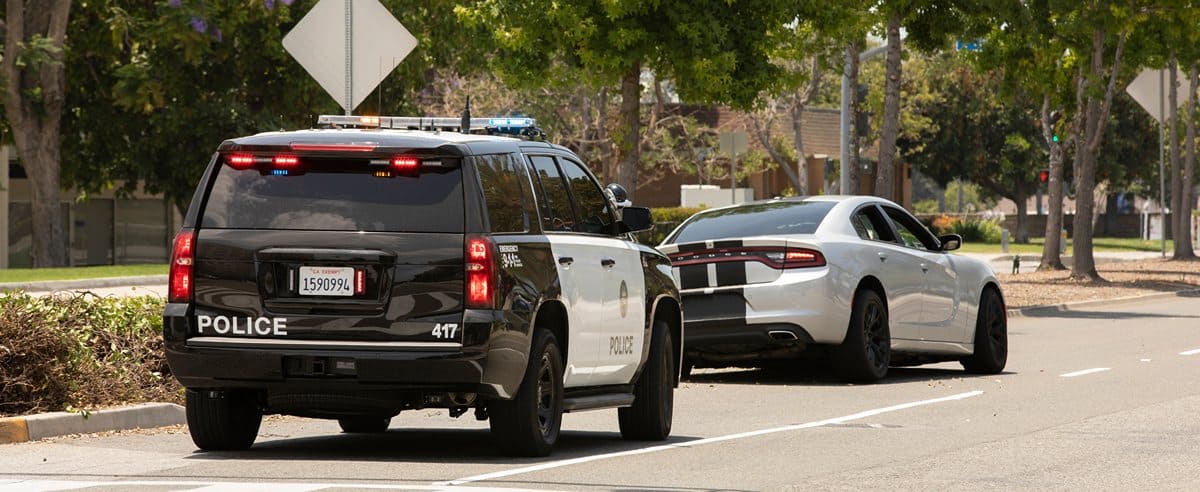
Possible Consequences of a Marijuana Edibles DUI Charge in Arizona
The potential consequences of a DUI charge are severe.
They can include fines, jail time, mandatory drug treatment programs, driver’s license suspension, and probation.
Furthermore, a conviction could stay on your criminal record, which can have far-reaching effects on employment, housing, and other aspects of life.
The severity of the penalties largely depends on the circumstances of the case and the individual’s prior criminal record.
As with any DUI charge, the stakes are high, and the need for experienced legal representation is crucial.
Medical Marijuana Card Holders: Are They Exempted?
In Arizona, while the Medical Marijuana Act allows for the use of marijuana for medical purposes, it doesn’t provide an exemption for DUI charges.
Simply put, being a medical marijuana cardholder doesn’t grant immunity from potential DUI charges.
ARS 28-1381 clearly states that a medical card doesn’t authorize any individual to operate any motor vehicle while under the influence of marijuana.
Proving Impairment: The Role of Field Sobriety Tests and Drug Recognition Experts
Without a per se limit for THC, proving impairment in DUI cases involving marijuana edibles can be challenging.
Law enforcement officers often rely on field sobriety tests and observations of drivers’ behavior to determine if they are impaired.
These might include noticing poor driving behaviors, physical signs of impairment such as bloodshot eyes, delayed reaction times, and erratic behavior.
However, these tests and observations are subjective and can be influenced by factors other than drug impairment.
In some cases, police departments might employ Drug Recognition Experts (DREs), specially trained officers who use a multi-step process to determine if a driver is under the influence of drugs.
Yet, while more rigorous, their assessments are still subject to human error and interpretation.

Defenses Available for DUI Charges Involving Marijuana Edibles
Given the complexities of marijuana DUI laws and the challenges associated with testing and proving impairment, there are several defenses that an experienced DUI defense lawyer can employ.
These might include the following:
- Challenging the results of field sobriety tests
- Questioning the accuracy of blood tests
- Arguing that the driver was not impaired at the time they were driving
- Challenge the legality of the traffic stop or the procedures followed during the arrest and testing process
For example, because THC can remain detectable in the body long after the effects have worn off, a skilled defense attorney could argue that the THC found in your blood does not necessarily mean you were impaired while driving.
The Importance of Legal Representation in a Marijuana Edibles DUI Case
Facing a DUI charge involving marijuana edibles can be a daunting and stressful experience, given the seriousness of the potential consequences and the complexity of the legal issues involved.
An experienced DUI defense attorney from The Shah Law Firm can provide invaluable assistance in navigating these challenges.
A skilled lawyer can assess the details of your case, provide advice based on a thorough understanding of Arizona DUI law, and construct a strong defense strategy on your behalf.
They can also represent you in court and negotiate with prosecutors, potentially leading to reduced charges or even the dismissal of your case.
Implications of Prior DUI Convictions on a Marijuana Edibles DUI Charge
In Arizona, the penalties for DUI become increasingly severe, with each subsequent offense within a period of seven years.
If you have previous DUI convictions and are now facing charges for a DUI involving marijuana edibles, it’s critical to understand the possible implications.
Not only can the fines, jail time, and other penalties increase with each conviction, but you may also face longer license suspension and probation periods.
An experienced DUI defense lawyer can help you understand these potential outcomes and work to minimize the impact on your life.
Understanding the Court Process for Marijuana Edibles DUI Charges
The legal process for a DUI charge can be intimidating and confusing.
From the initial arraignment to potential trials and sentencing, each stage has its own procedures and possibilities.
For a marijuana edibles DUI charge, understanding this process is crucial in managing expectations and making informed decisions.
In Arizona, the court process typically begins with an arraignment, followed by pre-trial conferences, evidentiary hearings, and negotiations.
It will proceed to trial if a plea deal isn’t reached or charges aren’t dismissed.
Get Help from Shah Law Firm to Fight a Marijuana Edible DUI Charge

The Shah Law Firm specializes in DUI defense, offering expertise, guidance, and representation for those facing DUI charges involving marijuana edibles.
With a deep understanding of Arizona DUI laws and a commitment to advocating for our clients, we’re here to help you through this challenging time.
Don’t let a DUI define your future—contact the Shah Law Firm today and receive a free consultation at (602) 560-7408.





